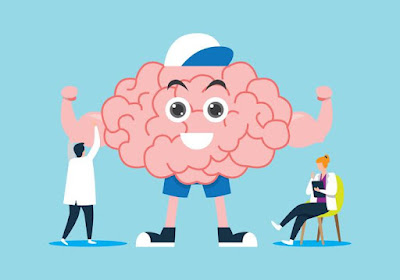For most of the people
out there, it is difficult to recognise the toxic relationship. However, when
someone you love becomes violent, manipulative, critical, or emotionally
abusive to you, it is time to move out of the relationship. For a relationship
to be toxic, it does not have to be only with your spouse. It can be a
relationship with anyone, for example, your friend, family, colleagues, etc.
Being in a toxic relationship can cause you stress, anxiety, depression, and many other mental health disorders.
We understand that
ending a relationship can be difficult for you, but you can’t compromise the
well-being of your mental and physical health for the sake of your
relationship. With the same in mind, we have come up with this blog post to
introduce you to a couple of techniques that will help you cope with a toxic
relationship better. So, without any delay, let us have a look at them in
brief:
Identify Toxic
Relationships
The first step to cope
with a toxic relationship is to identify it. You need to find out who is
causing you to harm and trying to control you or belittle you. For some people
out there, identifying a toxic relationship is easy, while for others it is
not. Thankfully, there are ways you can accomplish it. You have to closely
monitor your thoughts and fears. If there is someone who makes you feel anxious
when being around, or if you dread receiving a call from someone you know,
consider it as a red flag for toxicity.
Be Firm
As you cut yourself off
from a toxic relationship, it is crucial for you to stay grounded in your
decision and go your own way. The toxic person probably won't leave if you tell
him or her that you don't want to see them again. They may even try to dive
deeper and object to your decision. Hence, it is important for you to confront
the person and let them know clearly with complete confidence that you do not
want them anymore in your life.
Set Boundaries for
Yourself
There’s no going back
once you have ended your relationship with a toxic person. Do not respond to
their texts or calls. Bring all the bridges down that connect you and the toxic
person. Block their phone number, social media account, emails, and everything.
Final Words:
Ending a relationship is
not so easy, but if it is toxic, you have to. It would not be a good idea to
trade off your peace of mind for the sake of a toxic relationship. If you are
having a hard time doing so, get in touch with Dr. Mitali Soni. She is a
well-known psychiatrist in Bhopal and has helped many
people cope with a toxic relationship.












